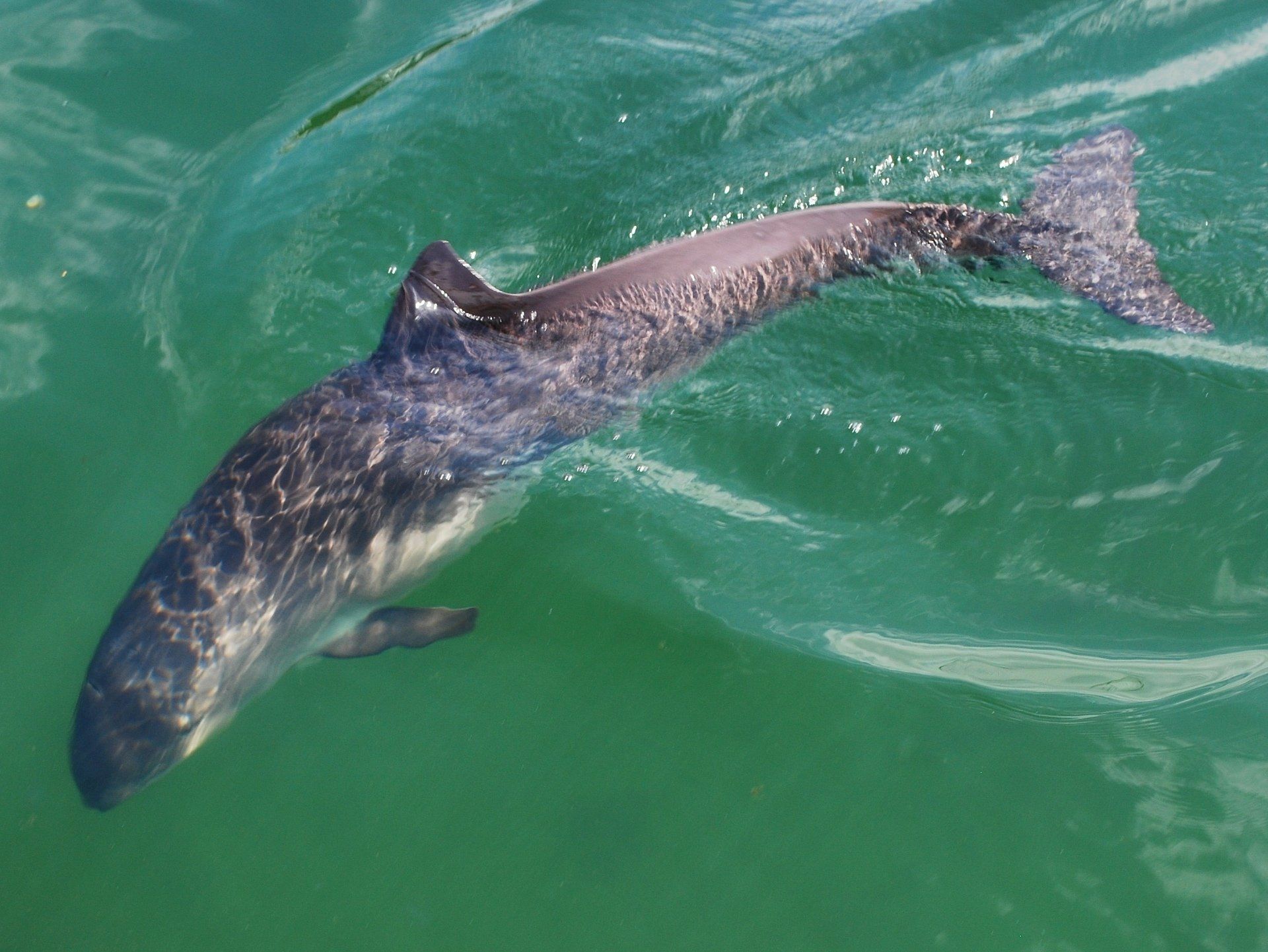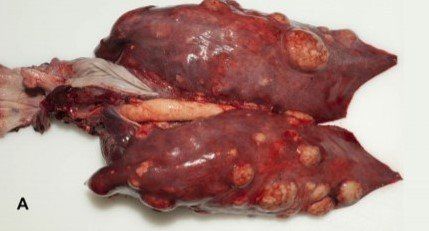Forensic Biology as a Tool for Investigating Marine Mammal Strandings
Neisseria animaloris is a zoonotic pathogen commonly found in dog and cat oral cavities, and it is known to cause systemic infections in both humans and other animals when a biting trauma occurs. Reports of Neisseria spp in wild animals are however rare. Recently, Neisseria zalophilli was recovered from the oral cavity of California sea lions, suggesting pinnipeds may be subject to other members of the Neisseria genus.
Eight harbour porpoises (Phocoena phocoean) stranded in 4 locations across northern Europe (Scotland, England, the Netherlands and Belgium) were found to have Neisseria animaloris infections in inflamed bite wound lacerations on the tailstocks and pectoral fins, and abscesses on the lungs, lymph nodes and spleen.
External and microscopic investigations determined that the external bite wounds on the porpoises were as a result of grey seal attacks (Halichoerus grypus) and that N. animaloris had been transmitted from the grey seals via these trauma marks. Therefore, suggesting that the harbour porpoises survived the initial attack, but entry of the bacteria had infected them, causing internal abscesses and eventually resulting in death.
Understanding lesions on stranded marine mammals is essential to discriminate between different potential causes, i.e. determine whether the cause natural or due to human activities . N. animaloris has not previously been reported in any of the hundreds of stranded harbour porpoises examined bacteriologically over the past few decades in the UK, and so this study demonstrates how useful forensic microbiology techniques are for linking interactions between marine mammals, specifically for linking victims to perpetrators. For harbour porpoises in particular, understanding the effects of interactions with grey seals is essential as grey seal numbers are increasing in many areas of the North Sea.
Lastly, this study highlights the importance of N. animaloris awareness when humans are handling stranded grey seals and harbour porpoises and the need for extra testing and precautions to be put in place.
References:
Foster, G., Whatmore, A.M., Dagleish, M.P. et al. Forensic microbiology reveals that Neisseria animaloris infections in harbour porpoises follow traumatic injuries by grey seals. Sci Rep 9, 14338 (2019). https://doi.org/10.1038/s41598-019-50979-3
Special Committee on seals (SCOS). Scientifc advice on matters related to the management of seal populations: St Andrews: Sea Mammal Research Unit, SCOS main advice, http://www.smru.st-andrews.ac.uk/fles/2018/01/SCOS-2017.pdf (2017).
Volokhov, D. V. et al. Neisseria zalophili sp. nov., isolated from oral cavity of Californian sea lions (Zalophilus californianus. Arch. Microbiol. 200, 819–828 (2018).
SHARE THIS ARTICLE
















